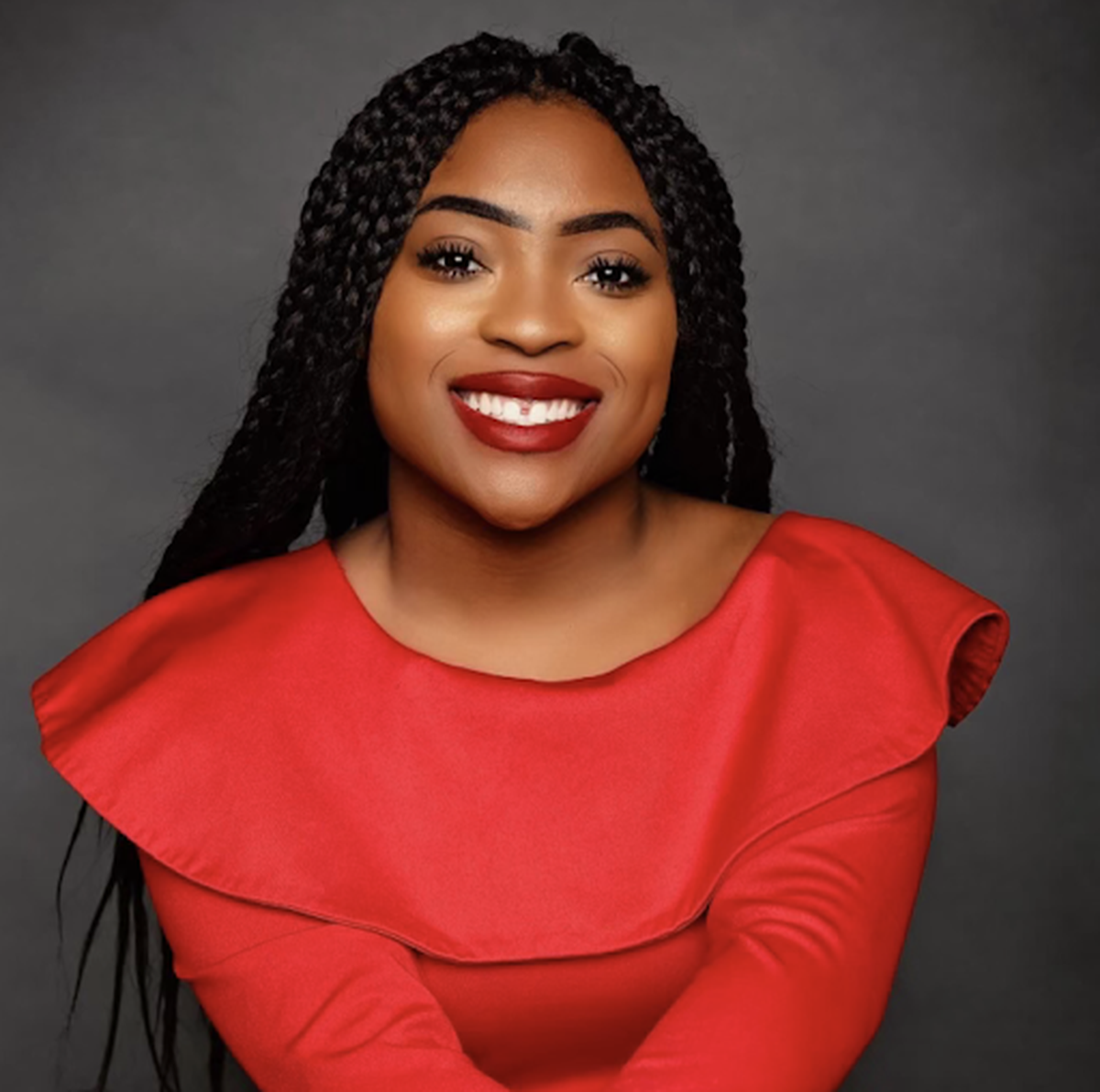Every November, the nation prepares for war, not the kind fought with guns, but with shopping carts. Black Friday, they call it. A day where people trample each other for televisions, fight for shoes, and drain their paychecks for “deals.” But beneath the glitter of consumerism lies a haunting truth: while corporations make billions, Black communities remain at the bottom of America’s economic ladder.
In 2024, Americans spent $9.8 billion online in a single day after Thanksgiving. Yet, according to the Federal Reserve, the median wealth of white families in the U.S. is $285,000, compared to only $44,900 for Black families, a gap that hasn’t narrowed since the 1960s. The money we spend never comes home. Only 2% of America’s businesses are Black-owned, and less than 1% of all venture capital goes to Black founders.
Every dollar spent at a major chain travels out of our neighborhoods within six hours. But when we buy Black, that same dollar can circulate in our community for up to 30 days, creating jobs, funding schools, and inspiring future entrepreneurs. That is the difference between survival and sovereignty.
Think about it, how many of us stand in line for Apple or Nike, companies that rarely invest in our zip codes? Meanwhile, Black designers, chefs, artists, and small business owners are begging for visibility. We scroll past their posts, ignore their ads, and tell ourselves “next time.” But “next time” doesn’t build generational wealth, this time does.
This November, we must make a shift, from consumers to creators, from spenders to supporters. Call it what it should be: Buy Black Friday. It’s not just an economic act; it’s a cultural declaration. A statement that says, “We value us.”
Support businesses like The Lip Bar founded by Melissa Butler, who started her beauty line in her kitchen after being rejected by investors who said her brand would “never sell.” Now she’s in Target and Walmart, proof that buying Black isn’t charity; it’s power.
Or look to Bevel, created by Tristan Walker, whose company revolutionized grooming for Black men and was later acquired by Procter & Gamble. His success story didn’t start with a corporation, it started with community support.
Imagine if every Black household, all 19 million of us, committed to spending just $100 at a Black-owned business this month. That’s nearly $2 billion back into our neighborhoods. That’s school programs restored, community centers reopened, scholarships funded, and future leaders empowered.
We’ve built this nation with our hands, it’s time to rebuild our economy with our dollars.
This holiday season, skip the mall. Shop the marketplace, the pop-up, the artist on the corner. When you buy from a Black creator, you’re not just purchasing a product, you’re purchasing a purpose.
Because the real discount isn’t on price, it’s on dignity.
And this year, we’re paying full price for our power.
